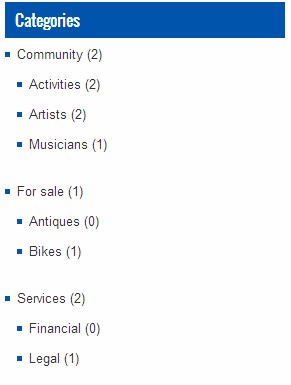No products
Product successfully added to your shopping cart
There are 0 items in your cart. There is 1 item in your cart.
In TILE INTERNATIONAL September 2006
DOREMAIL’S PASSION FOR CERAMIC
By Piergiorgio Burzacchini
By the end of the 15th Century, the Arabs expelled from Spain, where they had integrated and brought culture and professional know-how, were scattered among the same North African countries that they had passed through a few centuries earlier, during the Muslim migrations.
Fez in Morocco, Tlemcen in Algeria and Qallaline, Djerba and Nabeul in Tunisia, were some of the places they returned to; and when they found good clay, sand and coloured minerals there, they resurrected the art of ceramics in countless different ways.
Alongside the crockery, utensils and roof tiles, it is mostly the glazed floor and wall tiles that tell us the intertwining histories of peoples, artists and styles. By good fortune, the faience that originated in “Ifriqiya” in the 14th Century never ceased to evolve. Family traditions handed down from one generation to the next and the whispered secrets of “Maalems” (master craftsmen), enabled Tunisian ornamental ceramics to develop over the centuries in fresh and compelling ways.
The technique of “cuerda seca” and Andalusian style, the ceramics trade and admiration for Faenza, the reminiscences of the chefs d’oeuvre of Kairouan and the never lost “jellize”, constitute some of the cornerstones of top-class Tunisian ceramic production. Collectors’ items (which can still be seen); unique pieces and rare creations; ornamental motifs reflected in the work of craftsmen specialising in stucco and engraved wood, and the colours used by glass-makers and stone-cutters: these are the other elements of inspiration and provocation for those who have made artistic tiles their passion.
No discussion of this subject would be complete without reference to Doremail, which is the best-known, although obviously not the largest, ceramics producer in Tunisia.
The company is based in Bouargoub, near Nabeul, where agriculture and ceramics production have co-existed harmoniously since time immemorial, and where every courtyard conceals a potter’s workshop. It is in this place of tradition and with the use of this craftsmanship, that Doremail produces its wares.
The company, which was founded in 1984, is owned by the Masmoudi family, of whom Raouf is General Manager and Monia is Artistic Director. But aside from their official roles, this brother and sister team shares a mutual love of ceramics and a passion for the industrial mission that derives from it, namely bringing the splendour of hand-decorated tiles back to life. It is a pleasure to go to Tunis with them and visit the magnificent restorations of noble residences in the Medina, and listen to their ideas about the relationship between decorated ceramic and modern Arabic architecture and on the roles of industry and craftsmanship.
And when you see Doremail’s young ceramic-makers at work and the subtle creations that come out of their kilns, everything fits into place!
Far from cherishing an easy nostalgia and sentimentalism about the greatness of the past, Monia Masmoudi has infinite respect and admiration for the treasures of the past, but combines it with the search for a modern angle on even the smallest memories handed down to us.
And culture is the key that can open up the secret chambers of art for the benefit of industry.
The yardstick of Doremail’s philosophy is not its considerable business success, but the esteem and admiration shown by discerning consumers and professionals from Mexico to Italy and the United States to the Arab world, not to mention by architects and ceramics producers all over the world.
In any capital city or exclusive hotel, if you go to a real hammam, it will almost certainly be tiled with Doremail tiles, and you will immediately feel immersed in that typically Tunisian atmosphere that the company has succeeded in revitalising!
The subtle, embracing atmosphere, which can still sometimes be felt in the ancient “dar” of noble families or in mosques within medinas, can still be found intact among the delicate ornamentation and the brilliant colours of these tiles, each of which is unique!
Of course there is also an industrial Doremail made up of logistics, innovative collections, dependable quality, certifications and commercial realities. But none of this changes a single aspect of Doremail’s ceramic culture and its way of making ceramics in the 21st Century, with complete devotion to the tradition of the last millennium.
By Piergiorgio Burzacchini











